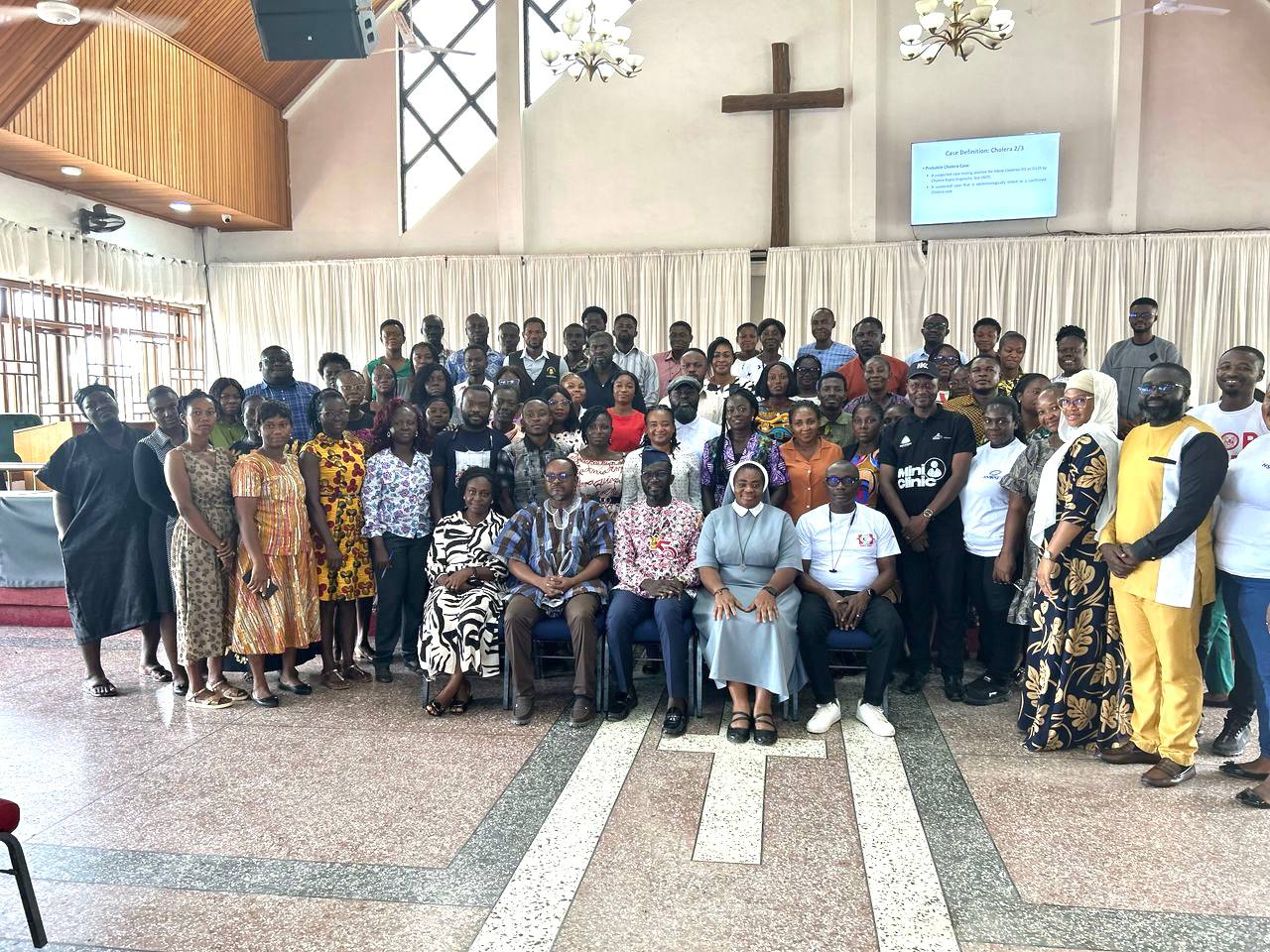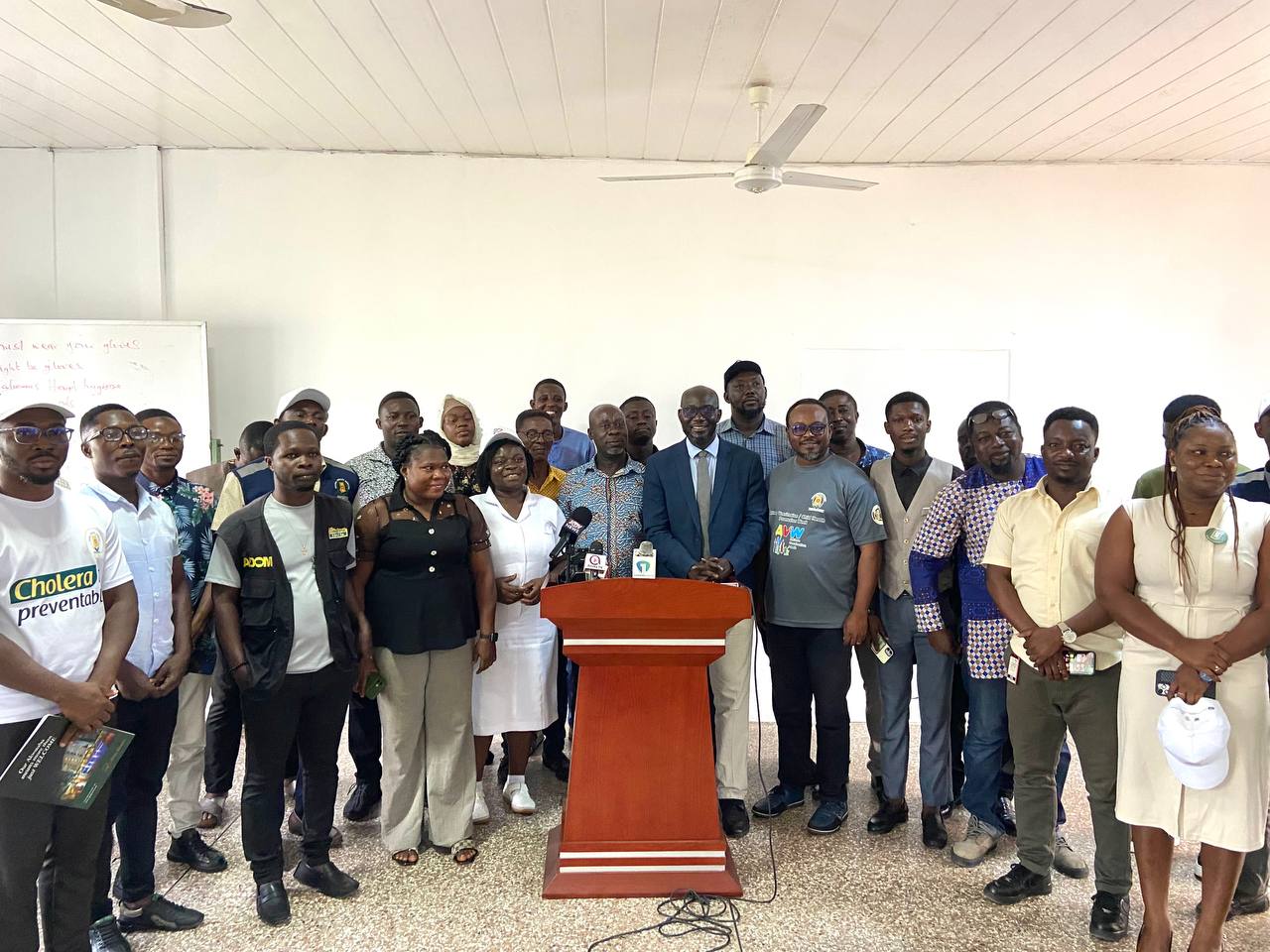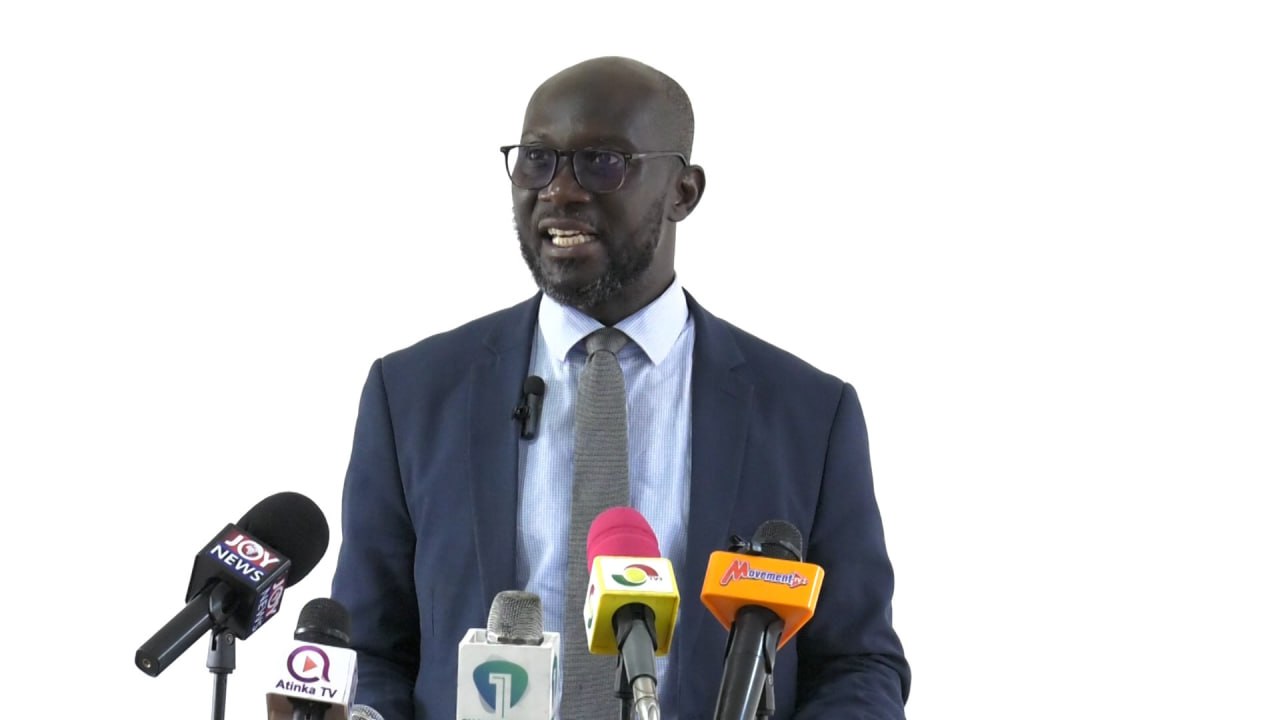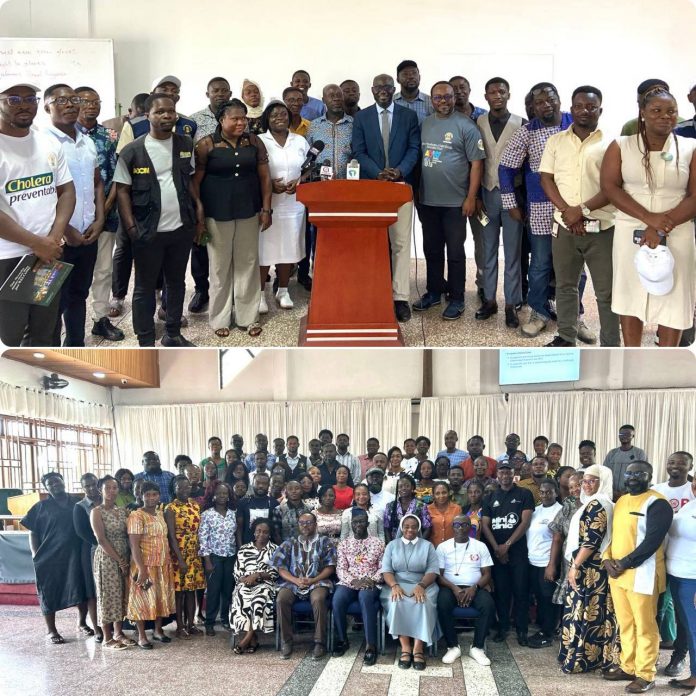As cholera outbreaks continue to threaten public health in parts of Ghana, the role of health promotion officers has become more vital in reducing the spread of the disease and promoting safe hygiene practices.
In response to this challenge, the Ghana Health Service’s Health Promotion Division, with support from the Global Fund, has taken steps to equip health promotion officers in the Ashanti Region with risk communication and community engagement skills.

According to the World Health Organization (WHO), an estimated 1.3 to 4 million cholera cases and between 21,000 to 143,000 deaths occur globally each year.
In Ghana, cholera remains a serious threat, especially during the rainy season when water contamination becomes more widespread.
To strengthen the response, the Ghana Health Service has focused on enhancing the skills of its officers to communicate effectively with communities, dispel misinformation, and promote preventive behaviours.

This initiative is aimed at building trust between health workers and community members to ensure that accurate health messages are delivered and acted upon.
Speaking at a recent training session held for health promotion officers, the Ashanti Regional Health Director, Dr. Fred Adomako Boateng, emphasised the importance of empowering officers with the right communication tools.

“When they are equipped with the right risk communication skills, they serve as trusted messengers, providing accurate and timely information about how cholera spreads, how to prevent it, and where to seek treatment,” he stated.
Dr. Boateng further stressed the need for community-based outreach. “They must go into communities to educate residents through door-to-door visits, community meetings, schools, markets, and religious gatherings, using clear and localized messages that people can understand and relate to.
“They must also listen to community concerns, identify misinformation, and address rumours with facts in a calm and respectful manner,” he added.
The media was not left out, with them being a major partner in nation-building. It is therefore important for the health sector to involve them as integral stakeholders and work with them as a mouthpiece to propagate our ideas and agenda to benefit the general public.
Recognising the influential role of the media, Dr. Boateng noted that media partners are essential in national health campaigns. “The media helps reinforce the information shared by the health promotion officers, ensuring that the public repeatedly hears key messages about cholera prevention, symptoms, and where to seek help,” he said.
He explained that media are partners and can be used to clarify rumours and misinformation by providing space for health experts to address public concerns in a credible and authoritative way.
“By working in partnership with health promotion officers, the media becomes a bridge between health officials and the public—building trust, increasing awareness, and encouraging community-wide action to prevent and control cholera,” Dr. Boateng noted.
As cholera continues to spread across Ghana, the Ashanti Regional Health Promotion Division has intensified public sensitisation efforts in collaboration with local media to promote hygienic practices.
The general public is being advised to take preventive measures seriously. Drinking water that has been properly sanitised, washing hands with clean water and soap, and reporting symptoms early are among the most effective ways to prevent cholera.
By combining skilled communication, community outreach, and strong media collaboration, Ghana’s health sector is making crucial strides in combating cholera and safeguarding public health.
By; Nana Yaw Owusu.





